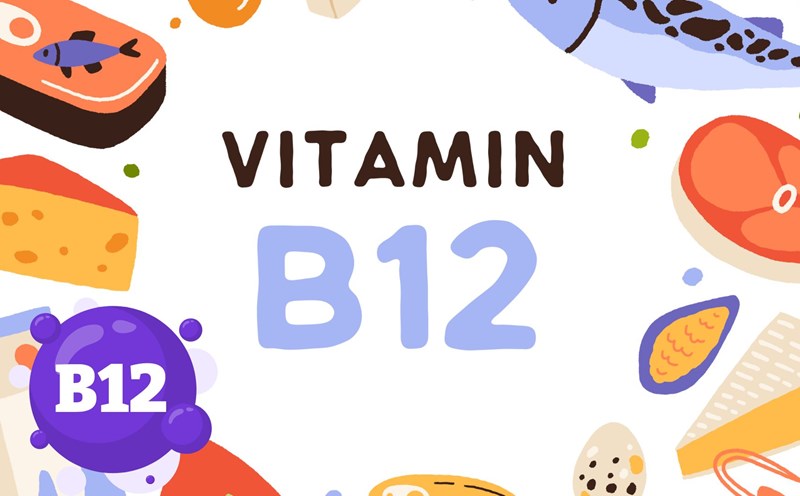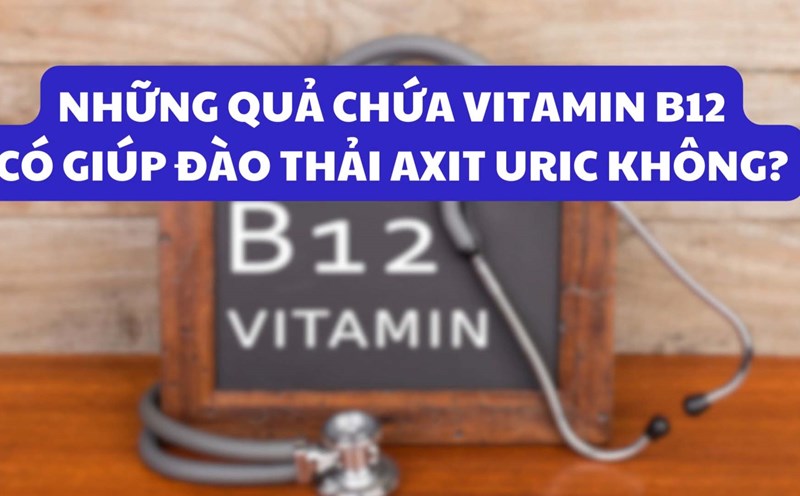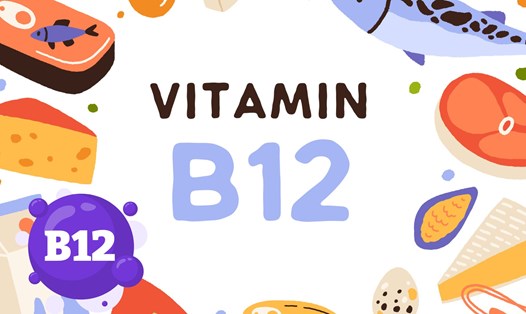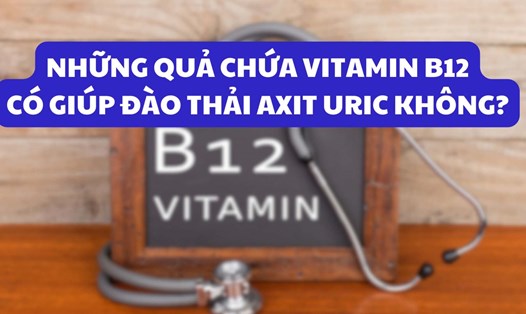According to the recommendations of many prestigious health organizations such as the World Health Organization (WHO), the US National Institutes of Health (NIH) and the American Dietetic Association (ADA), timely vitamin B12 supplementation is a key factor in ensuring health for the elderly.
Why are the elderly susceptible to vitamin B12 deficiency?
As we age, the ability to absorb vitamin B12 from food decreases due to decreased activity of the stomach and digestive system.
According to research from the NIH, up to 10-30% of people over the age of 50 have difficulty absorbing vitamin B12 from food due to a lack of stomach acid needed to break down the vitamin from food. Additionally, regular use of medications such as antacids or diabetes medications such as metformin can also reduce the ability to absorb vitamin B12.
Therefore, the elderly are susceptible to B12 deficiency, leading to symptoms such as fatigue, muscle weakness, memory problems and even serious neurological diseases if not promptly intervened.
Golden time to supplement vitamin B12
Many nutritionists and medical studies have shown that taking vitamin B12 supplements in the morning is the best time.
Additionally, studies from the NIH also recommend that oral or injectable B12 supplementation is effective, but if supplementing orally, older adults should use sublingual capsules to improve absorption.
Dosage and method of vitamin B12 supplementation
According to the ADA, the daily requirement for vitamin B12 for older adults is 2.4 micrograms. However, due to poor absorption at this age, many people need higher doses to meet their needs. Several studies have shown that high-dose vitamin B12 supplementation, about 500-1,000 micrograms per day, can quickly improve deficiency symptoms without causing side effects.
It is recommended that older adults consider intramuscular vitamin B12 supplementation if they have difficulty absorbing it through the gastrointestinal tract.
Food sources of vitamin B12
In addition to supplements, seniors should also focus on supplementing vitamin B12 from natural foods. Food sources rich in vitamin B12 include red meat, fish, eggs and dairy products.
However, as mentioned above, many older adults have difficulty absorbing vitamin B12 from food, so it is necessary to combine it with other forms of supplementation to ensure adequate vitamin B12 intake.











